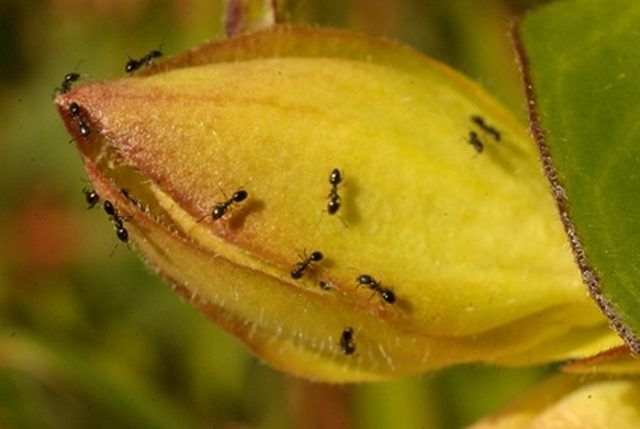Bulbs
Flower Basics
Flower Beds & Specialty Gardens
Flower Garden
Garden Furniture
Garden Gnomes
Garden Seeds
Garden Sheds
Garden Statues
Garden Tools & Supplies
Gardening Basics
Green & Organic
Groundcovers & Vines
Growing Annuals
Growing Basil
Growing Beans
Growing Berries
Growing Blueberries
Growing Cactus
Growing Corn
Growing Cotton
Growing Edibles
Growing Flowers
Growing Garlic
Growing Grapes
Growing Grass
Growing Herbs
Growing Jasmine
Growing Mint
Growing Mushrooms
Orchids
Growing Peanuts
Growing Perennials
Growing Plants
Growing Rosemary
Growing Roses
Growing Strawberries
Growing Sunflowers
Growing Thyme
Growing Tomatoes
Growing Tulips
Growing Vegetables
Herb Basics
Herb Garden
Indoor Growing
Landscaping Basics
Landscaping Patios
Landscaping Plants
Landscaping Shrubs
Landscaping Trees
Landscaping Walks & Pathways
Lawn Basics
Lawn Maintenance
Lawn Mowers
Lawn Ornaments
Lawn Planting
Lawn Tools
Outdoor Growing
Overall Landscape Planning
Pests, Weeds & Problems
Plant Basics
Rock Garden
Rose Garden
Shrubs
Soil
Specialty Gardens
Trees
Vegetable Garden
Yard Maintenance
How to Kill Ants on House Plants
How to Kill Ants on House Plants. Houseplants add a natural touch to any room they are displayed in, but they may also harbor pests such as ants. Houseplants that spend time outdoors in the summer are likely to bring these insects inside, but even if your plants are indoors year-round ants may find their way to them. Ants do not feed on the...

Houseplants add a natural touch to any room they are displayed in, but they may also harbor pests such as ants. Houseplants that spend time outdoors in the summer are likely to bring these insects inside, but even if your plants are indoors year-round ants may find their way to them. Ants do not feed on the houseplant, but their underground tunnels can damage roots. Often if there are ants on your houseplants, you may also have other insect problems such as aphids.
Things You'll Need
Insecticidal soap
Ant traps
Potting soil
Inspect the underside of the leaves for small green or white insects, or look for the sign of infestations such as leaf damage or a sticky substance called honeydew. Ants tend to infest houseplants that have aphid problems.
Treat the houseplant with an insecticidal spray if aphids are present. Ants often leave once the food source is gone. Follow label instructions for correct application, though most insecticidal sprays are just sprayed on the affected areas.
Remove any food sources from near the plants. Store food items in sealed containers and sweep up any crumbs or spills immediately. Ants may build nests in houseplant soil if there is a nearby food source in your kitchen they are farming.
Set an ant trap near the houseplants. Ant traps are filled with bait that attracts the ants. Depending on the type of trap, the ants either carry poisoned bait back to the nest where it poisons the other ants, or they are trapped inside the trap to die. Ant traps are available at most home and garden stores.
Repot the plant if the infestation is severe. Take the plant outdoors and lift it from the pot. Dispose of the old potting soil. Rinse as much of the soil as possible from the plant roots then repot the plant into fresh potting soil.
Tips & Warnings
Hanging planters are less likely to attract ants.
Read label warnings before using pesticides. Some pesticides are dangerous to houseplants. Never use pesticide in areas where children or animals play.